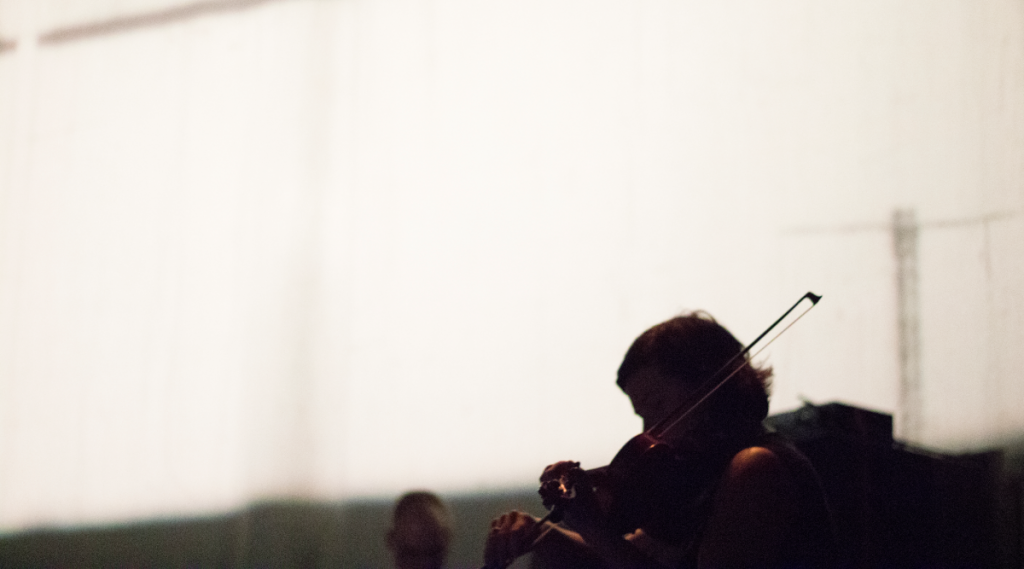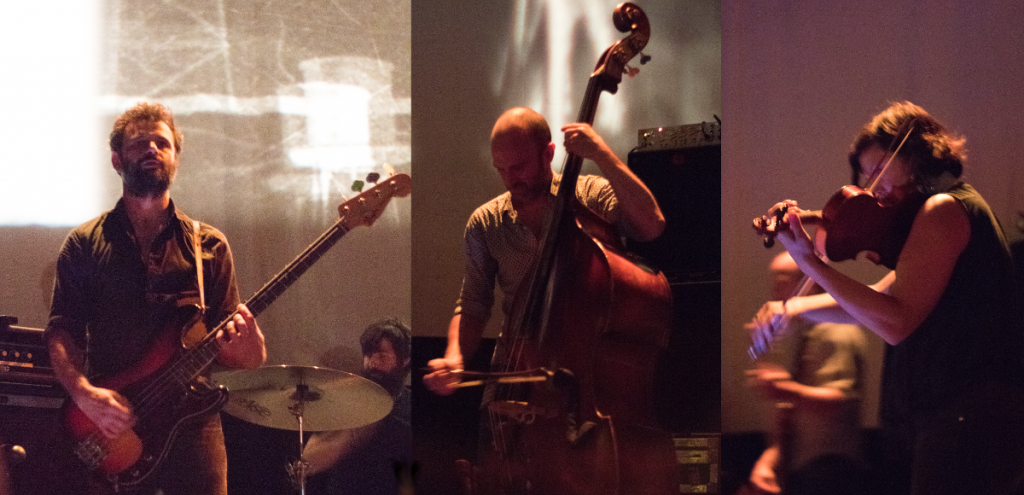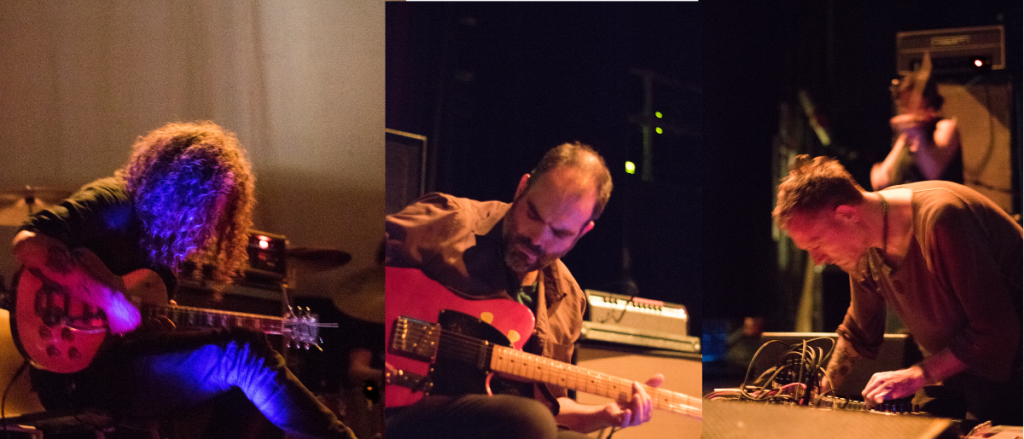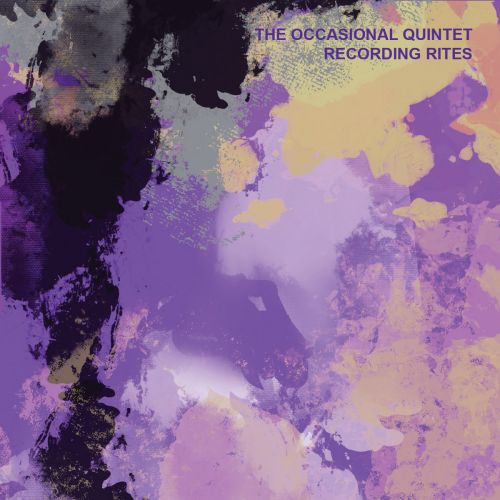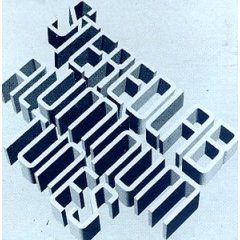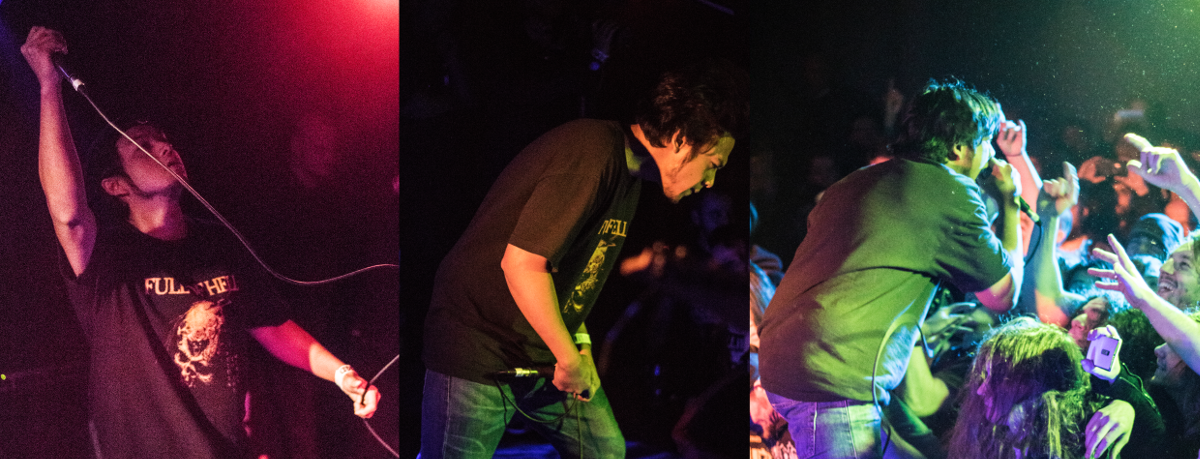London
18 August 2016
 In a converted cinema in Elephant and Castle, protected from the outside world by the most stringent security this side of an airport, post-rock revolutionaries Godspeed You! Black Emperor are taking the stage. In darkness, of course, as is their wont.
In a converted cinema in Elephant and Castle, protected from the outside world by the most stringent security this side of an airport, post-rock revolutionaries Godspeed You! Black Emperor are taking the stage. In darkness, of course, as is their wont.
Godspeed have always been about the music, not the personalities. They’re the kind of band that makes you wish the internet didn’t exist; knowing anything at all, even the names of the members, seems contrary to their enigmatic presentation.
They should be discovered accidentally, an unmarked CD, an unannounced track on late-night radio… “where the fuck did THIS come from?” should be the reaction.

Of course, it comes from a shitload of people being really good at playing instruments. And here they are, building horror movie soundtracks (it’s no coincidence that they were used to accompany the iconic empty London scene in
Danny Boyle‘s zombie flick
28 Days Later) that lurk, boom and swell into transcendence. There are no words other than those coming from found tapes, and the only non-sonic interpretation provided comes from the screen above their heads;
a hypnotic collage of deserted roads, lonely train tracks and Brutalist architecture, like a black and white
David Lynch movie of a
Ballard novel where all the characters have been removed.

At their harshest,
Swans comparisons are inevitable; but Godspeed are more pastoral, more sounding as if they are made for human ears rather than the ears of Gods. A Godspeed album is like tuning in to some strange channel; tracks seem almost arbitrary, like they just reached a point where nobody was playing for a couple of seconds and thought, “It’s a wrap, name it and carry on playing”. Live, where tracks from their entire career are given an airing, the divisions seem more marked, but it’s still
essentially an hour and a half of basically seamless majesty.

From ominous drones to skirling
Dirty Three-style freakouts, Godspeed cover a lot of distance without breaking a sweat. Well, not visibly, obviously. What with playing in the dark an’ all. Compositions are more classical than anything else; motifs, rather than riffs, seem to be the component parts, haunting the early passages and returning for the triumphant climaxes, without ever losing that feeling of desolation. It’s
like being lost in the most wonderful desert you ever saw. As we leave, it seems strange that there are still people on the streets.
Almost as strange as me getting through this review without using the word “epic”. Oh bugger.
-Words: Justin Farrington-
-Pictures: Dave Pettit-
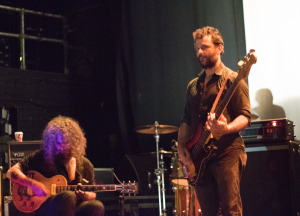 In a converted cinema in Elephant and Castle, protected from the outside world by the most stringent security this side of an airport, post-rock revolutionaries Godspeed You! Black Emperor are taking the stage. In darkness, of course, as is their wont.
In a converted cinema in Elephant and Castle, protected from the outside world by the most stringent security this side of an airport, post-rock revolutionaries Godspeed You! Black Emperor are taking the stage. In darkness, of course, as is their wont.